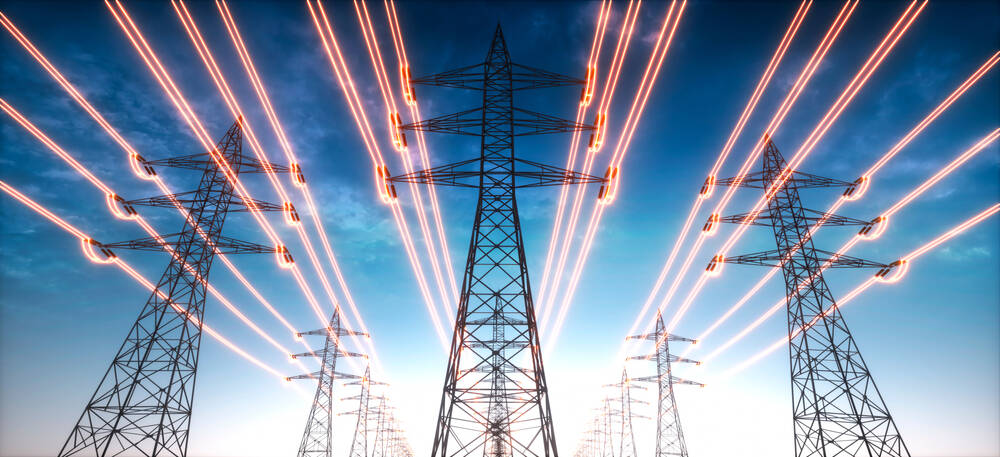
"Energy is essential for delivering the UK governments' AI ambitions, but Britain faces a critical question: how can it supply enough power for rapidly expanding datacenters without causing blackouts or inflating consumer bills? At Energy UK's annual London conference this week, Energy Secretary Ed Miliband made his position clear: renewables are the future, and fossil fuels drive both climate damage and the nation's inflated energy costs. What's less clear is how to reach this renewable utopia given decades of infrastructure underinvestment."
"The UK reportedly has the world's most expensive electricity, largely because wholesale electricity prices track gas prices, which surged after Russia's invasion of Ukraine. Gas-fired generators serve as the backup when solar and wind fall short - a frequent occurrence on Britain's gray, windless days. The obvious solution - more solar farms and wind turbines - faces significant obstacles. Offshore wind farms can take years to construct, while onshore projects, though faster to build, face lengthy land acquisition and planning permission processes."
Rapidly expanding datacenters require significant additional electricity and threaten to strain the UK power system. Energy Secretary Ed Miliband promotes renewables as the pathway to lower bills and clean energy abundance, while identifying fossil fuels as drivers of climate harm and high costs. The UK's electricity is among the world's most expensive because wholesale prices track gas markets, and gas-fired generators frequently back up unreliable solar and wind output. Building renewables faces obstacles including long offshore timelines, onshore planning delays, and local opposition to solar on farmland. The government aims to streamline planning or designate projects as critical infrastructure, yet new power projects must still match datacenter growth.
Read at Theregister
Unable to calculate read time
Collection
[
|
...
]